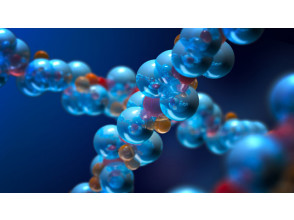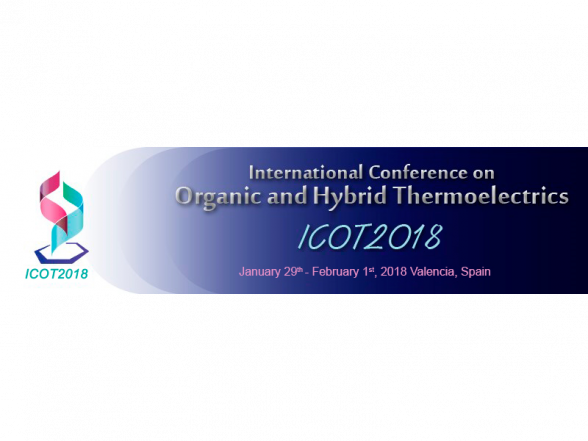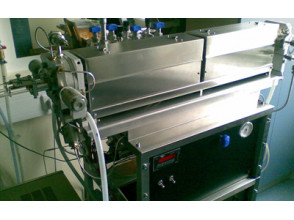To recognize and showcase the forefront of scientific innovation, the Latvian Academy of Sciences (LAS) recently concluded its annual competition for the most significant scientific achievements in Latvia for the year 2023. Forty-nine applications spanning diverse scientific disciplines were evaluated, showcasing the country’s prowess in natural sciences, medical and health sciences, material sciences, engineering sciences, humanities, arts, social sciences, and agricultural and forestry sciences.
LZA proudly announced the ten works that stood out among the competition entries, representing the main directions of scientific exploration. Noteworthy achievements include the development of superfast data transmission modulators for advancing artificial intelligence, enhancing the operational efficiency of 5G and 6G networks. Another remarkable accomplishment lies in the development of a process utilizing solar energy for efficient photocatalytic production of hydrogen from water—a vital step toward cleaner energy production. Promising breakthroughs were also recognized in the field of nanocoatings, paving the way for nanostructured topological insulators for applications in energy and quantum nanoelectronics devices.
A team of scientists from the ISSP UL’s Laboratory of Kinetics of Self-Organized Systems and the Laboratory of Computer Modeling of Electronic Structure of Solids collaborated on the award-winning theoretical study, "Computer modeling of perovskite nanoparticles for efficient hydrogen production."
Led by LAS Academician Dr.habil.phys. Eugene Kotomin, the team, including Dr.rer.nat. Yuri Mastrikov, Dr.phys. Leonid Rusevich, Dr.rer.nat. Guntars Zvejnieks and Maksims Sokolovs explored the optimal splitting positions of water molecules on various inclined surfaces of SrTiO3 nanoparticles. The study delved into the kinetics and thermodynamics of hydrogen formation on nanoparticles by employing the latest quantum chemistry methods and numerical modelling. The researchers predicted that introducing nitrogen and aluminum impurities in nanoparticles could significantly enhance the efficiency of hydrogen generation—an outcome later validated through experimentation.
These findings, stemming from international collaboration, have led to the development of new and efficient nanomaterials with immense industrial potential. The groundbreaking research has been published in prestigious Open Access international journals, showcasing the global significance of Latvian scientific contributions.
In the face of the escalating challenges posed by global warming, the emphasis on efficient and clean energy alternatives has never been more crucial. The recognized achievement underscores Latvia’s commitment to contributing innovative solutions to address these challenges. The focus on solar energy for hydrogen production aligns with the global pursuit of sustainable energy sources, placing Latvia at the forefront of this critical endeavor.
Initiated in 2002, the LAS competition has evolved into a prestigious event, highlighting the best of Latvian scientific endeavors. Now in its twenty-second edition, the competition not only recognizes excellence but also serves as a platform to popularize and disseminate the latest scientific breakthroughs to a wider audience.



